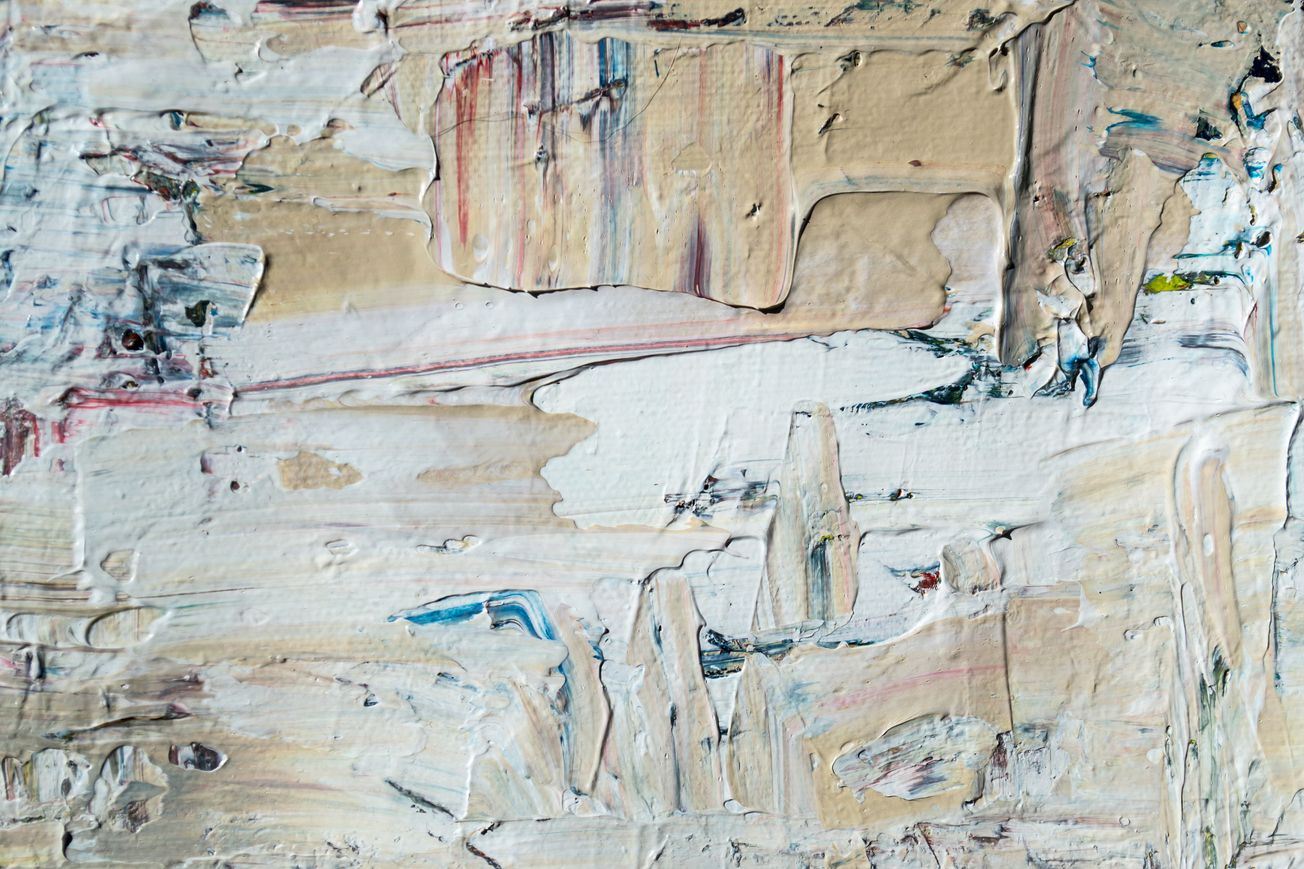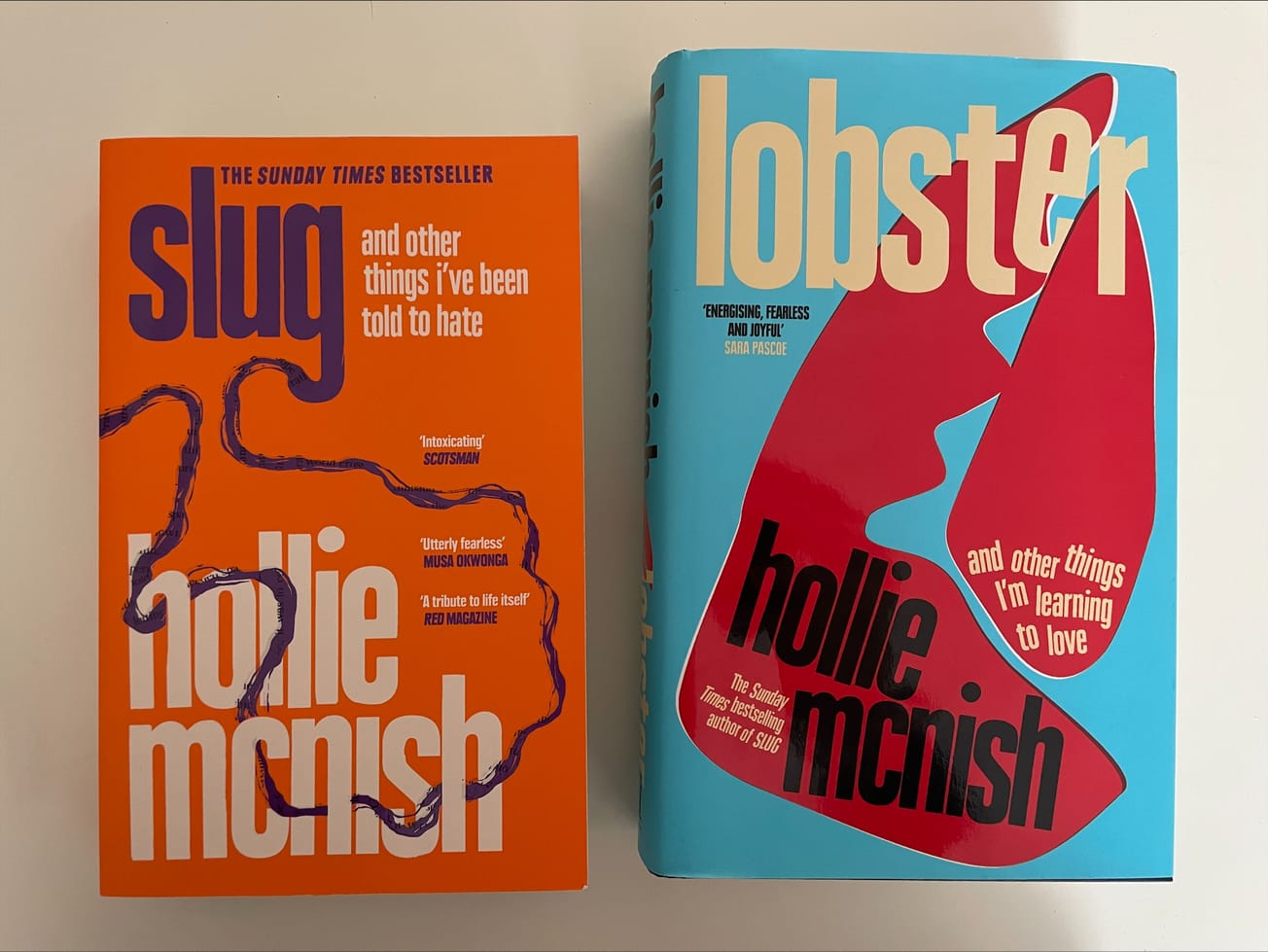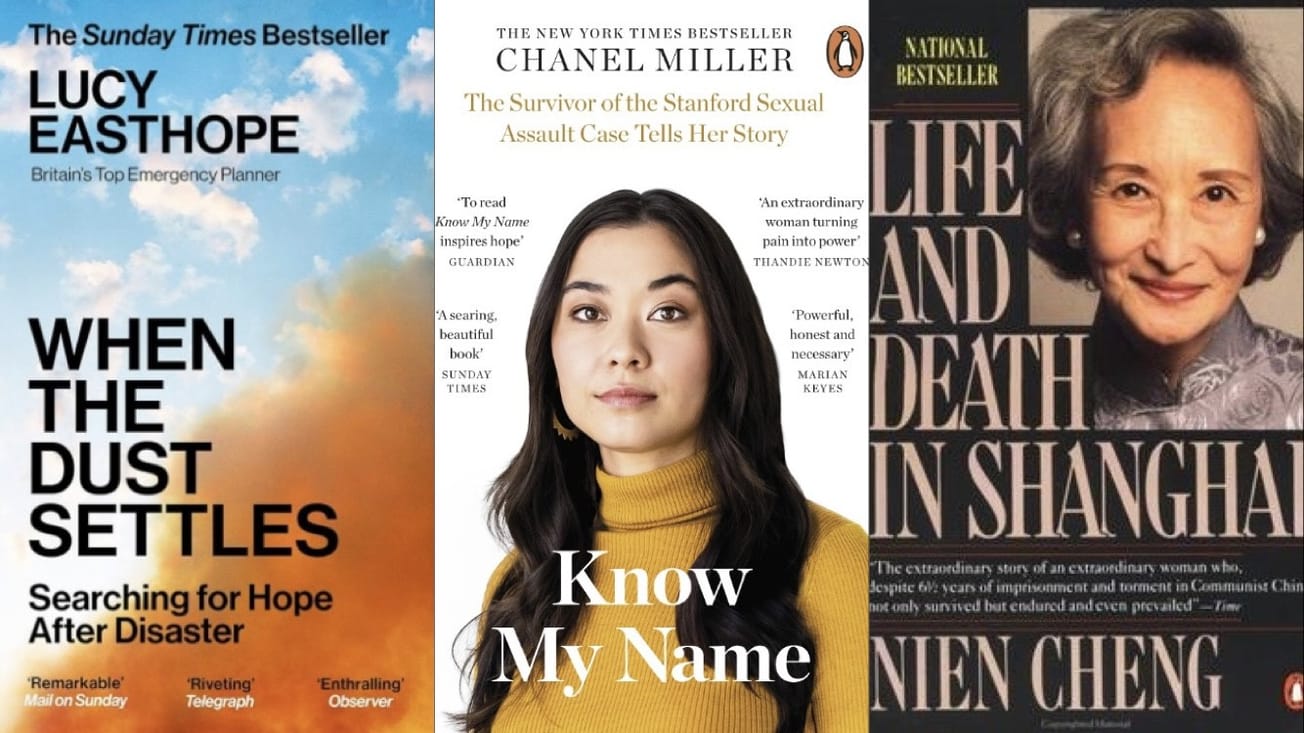By Millie Morris, Arts Editor
Shakespeare. The Beatles. Marcel Duchamp. Virginia Woolf. Marc Rothko. Names we all know, ones which make our pseudo-intellectual ears prick up with the vague hum of that shared idea: innovation. Transforming conventions across the centuries, these individuals are renowned for their shredding of rigorous formalities and shaking expectations so hard that their audiences were forced to re-examine the very nature of art. As 2015 dawns upon us, we firmly set our feet down midway on the path through the second millennium's second decade. But is there still a track that leads to, in the words of our renowned English innovator, 'unpathed waters, undreamed shores'? Or is there really nowhere left to go?
The art world has throughout time placed emphasis on ‘originality’. At 14, after asking my mother what was so special about the Beatles when I considered them merely 'quite good', she responded: 'They were the first ones to do what they did'. It is this attitude which appears to pervade the world of art, praising artists for novel concepts or techniques and prompting phrases such as 'they were ahead of their time'. Whilst literary movements such as modernism of the early twentieth century really did seem to surprise, repulse and intrigue its comparatively conservative society, it appears we have reached a state in which shock factor is less attainable.
Today, it seems we're all asking 'what is art' -- and to no avail
This, I suggest, is what leads to bizarre, inexplicable and often apparently meaningless artistic endeavours which strive to find a conceptual niche in a world already so extensively explored. The question is consequently raised: Does contemporary art try to be different because it urges us to rethink our outlook and very existence, or is it different merely for the sake of being different, rousing controversy for controversy's sake?
The Tate Gallery tells us that Kazimir Malvich’s famous 1913 ‘Black Square’ is important because ‘It [was] the first time someone made a painting that wasn’t of something’, since it emerged as a departure from figurative, still life and contextually conventional abstract art. The self-reflexivity of Duchamp's 1917 'Fountain' which so cleverly interrogated the nature of the art gallery was also the first of many pieces to challenge its audience. By placing a urinal in the context of a gallery, critics and curators alike we forced to reconsider how an environment affects an artwork, and whether Duchamp’s baffling sculpture could really be considered ‘art’
Today, it seems we're all asking 'what is art' -- and to no avail. Boundaries have not been snapped but shattered, fragmented into fluttering pieces of obscurity that people try and pick up and shred again, only to find the initial tear was final enough. We comment: 'Mm, that was a bit interesting' in the knowledge that we have either seen something similar before or do not find the piece intellectually or emotionally compelling, then continue to go about our daily lives.
Yet, a subtle resurgence might be bubbling away beneath our very noses. The recent rise in performance poetry through the likes of Kate Tempest, Hollie McNish and Luke Wright has seen a modern twist on conventional written work, imbibing words with a passionate fervency which sparks off the tongue and kisses the ears. Perhaps the idea of a collective existence or 'movement' must be shunned anyway, should our conceptions only be formed in hindsight, that neat bubble in which to retrospectively place a collection of similar but loosely connected explorations. The zeitgeist of a generation exists, perhaps, only in retrospect.
'Obsession with originality stops people being spontaneous and truthful'
In the spirit of rejecting the importance of originality and instead considering a work's other qualities, a friend of mine who studies art believes that 'If something is good, it’s good no matter how original it is. I think obsession with originality stops people being spontaneous and truthful, as it can make you rethink your practice to the point where you lose your nerve, and create something that isn't real or honest any more’.
Perhaps, instead of painstakingly whipping out our originality-detectors every time a new piece of art, music or literature is experienced, we should not condemn it for its slight allusion to prior work. We should, instead, seek out these 'honest' aspects which remind us why we drink art as a tonic to the trials of everyday life: for its pleasure, evocation, aesthetic and significance.
Featured Image: Unsplash
Do you agree with Millie? Comment below or tweet us









